SUMMARY
This is AI generated summarization, which may have errors. For context, always refer to the full article.
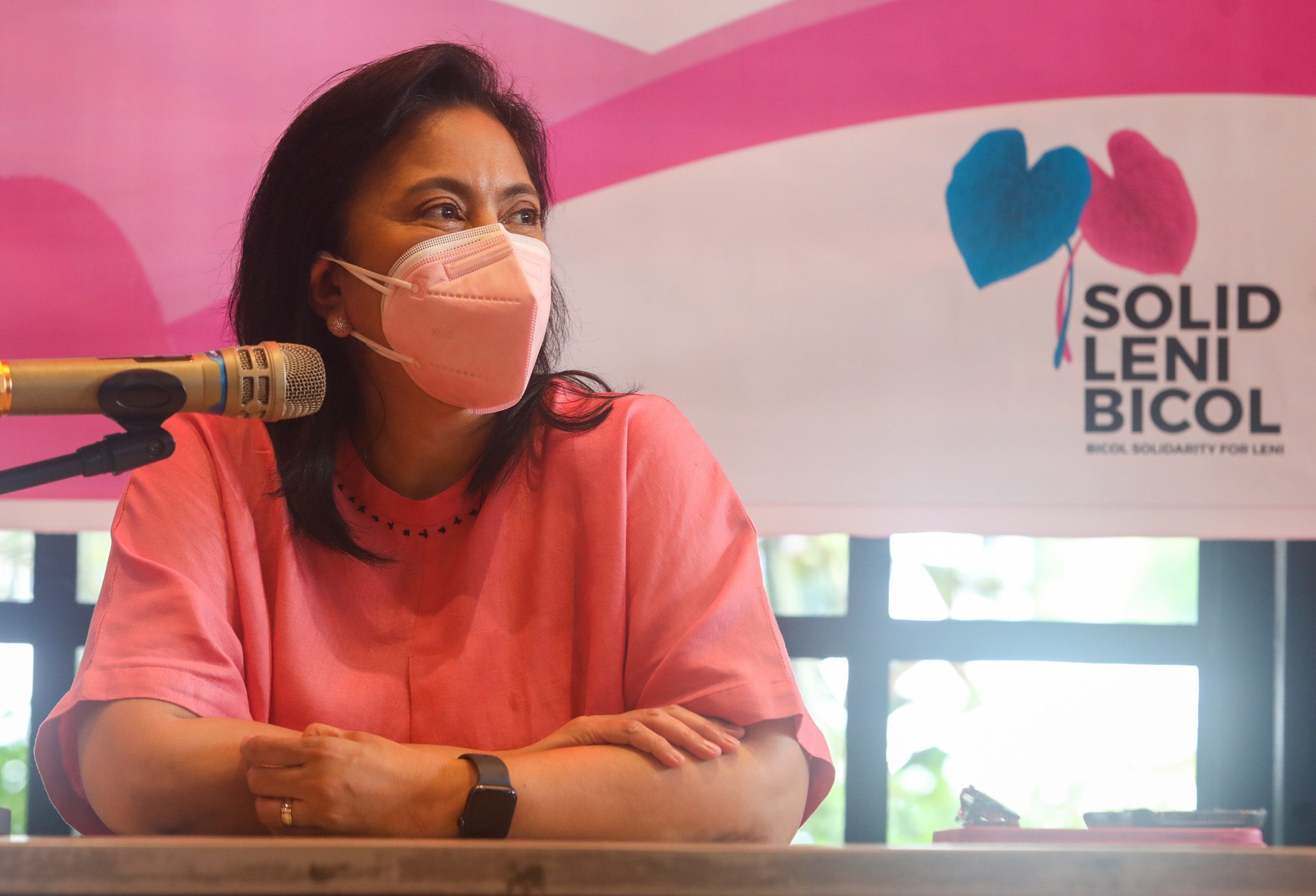

Vice President Leni Robredo said there would still be an intensified campaign against illegal drugs if she wins the presidential race in 2022, but she would focus more on prevention and rehabilitation and not only on enforcement.
Talking to reporters in Sorsogon City on Friday, October 29, the opposition leader noted that President Rodrigo Duterte’s enforcement-heavy drug war has led to thousands of deaths but has still failed to eradicate the drug menace in the country.
Robredo – one of the loudest voices against Duterte’s violent war on drugs – reiterated her proposal for a more holistic approach in addressing the drug problem. This formed part of her recommendations to reform the drug war during her brief stint as co-chair of the Inter-Agency Committee on Anti-Illegal Drugs (ICAD) in late 2020.
“Nakita natin in the past five years na ‘yung drug war kinonduct natin, parang lahat lang siya heavy on enforcement. Hindi ako doon naniniwala. Kaya ‘yung first recommendation ko na after I stepped down as ICAD chair, baguhin ‘yung buong sistema,” Robredo said.
(We have seen in the past five years that the conduct of the drug was heavy on enforcement. I don’t believe in that. That’s why my first recommendation when I stepped down as ICAD chair was to change the entire system.)
She reiterated her proposal for the ICAD to be headed by the Dangerous Drugs Board (DDB) chief instead of the director-general of the Philippine Drug Enforcement Agency (PDEA).
Robredo believes that the DDB chair is more equipped to craft a comprehensive program for ICAD’s operations and to ensure that other aspects of the drug war apart from enforcement – justice, advocacy, rehabilitation, and reintegration – are not neglected.
“Nakita natin over the past five years, sobrang daming namatay. Pero ang question, nawala ba [ang problema]? Ang sagot hindi…. Ang paniniwala ko, ‘pag DDB ang umupo na chair, ang plano ‘di lang ‘Patay, patay, patay.’ Ang plano niya, heavy on prevention, heavy on rehabilitation,” said the Vice President.
(We have seen over the past five years that so many have died. But the question is, did the problem go away? The answer is no…. I believe that if the DDB sits as chair, the plan won’t just be “Kill, kill, kill.” The plan would be heavy on prevention, heavy on rehabilitation.)
Robredo also said the Philippine government should draw from the experiences of other countries in combatting drugs. She said countries that have looked at drug addiction as a health problem instead of just as an enforcement problem were generally more successful in addressing the problem.
Less than a year into Duterte’s controversial drug war, former Colombian president Cesar Gaviria had urged the Philippine leader to learn from Colombia’s experience that a drug war solely reliant on police and military might is “unwinnable.”
Duterte had called Gaviria an “idiot” for giving him such advice but Duterte himself admitted two years later that his drug war was a failure.
The International Criminal Court (ICC) already decided to open an investigation into Duterte’s war on drugs. The ICC’s pre-trial chamber said the Duterte government has a policy to kill, based on different information submitted by the Office of the Prosecutor.
The PDEA reported that there were 6,181 persons who died during the government’s anti-drug operations as of July 31. However, data obtained by Rappler showed that there were 7,884 drug suspects killed by police from the time Duterte assumed office to August 31, 2020. This does not include the 27,000 vigilante killings outside of police operations that human rights groups have estimated.
The ICC also noted in its decision that the PDEA “publicly communicated” that 5,281 people were already killed by February 28, 2019.
This means that at least 900 drug war-related deaths are no longer covered by the ICC. This number does not even give the full picture, as the Duterte government is notorious for its lack of transparency in its drug war operations. – Rappler.com
Add a comment
How does this make you feel?







![[New School] Tama na kayo](https://www.rappler.com/tachyon/2024/02/new-school-tama-na-kayo-feb-6-2024.jpg?resize=257%2C257&crop=290px%2C0px%2C720px%2C720px)
![[Only IN Hollywood] After a thousand cuts, and so it begins for Ramona Diaz and Maria Ressa](https://www.rappler.com/tachyon/2024/02/Leni-18.jpg?resize=257%2C257&crop=262px%2C0px%2C720px%2C720px)

![[OPINION] Sara Duterte: Will she do a Binay or a Robredo?](https://www.rappler.com/tachyon/2024/03/tl-sara-duterte-will-do-binay-or-robredo-March-15-2024.jpg?resize=257%2C257&crop_strategy=attention)

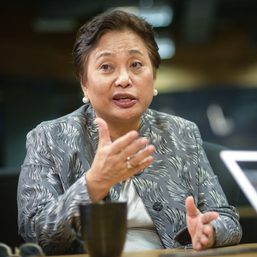



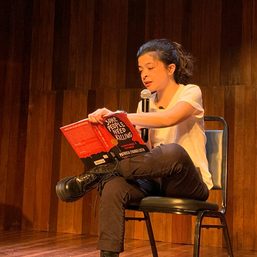
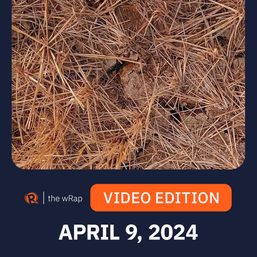
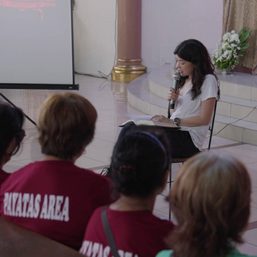
There are no comments yet. Add your comment to start the conversation.